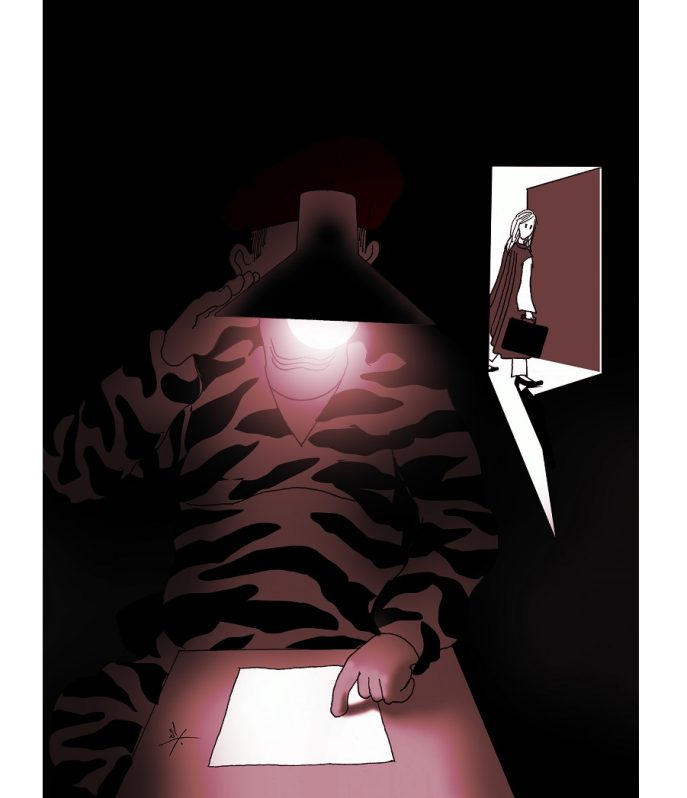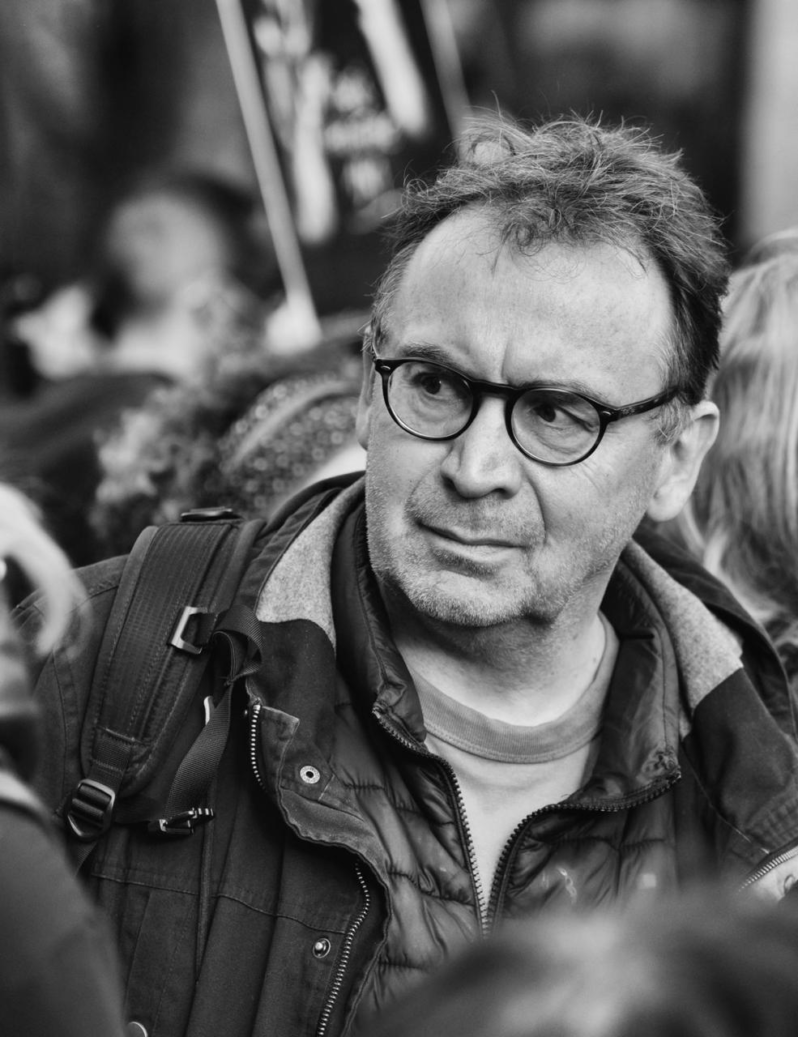The right to a bar-assigned lawyer during preliminary investigations in Lebanon: barriers to implementation

Two years have passed since the amendment of the Article 47 of the Lebanese Code of Criminal Procedures which, among others, made lawyer’s attendance during preliminary criminal investigations mandatory. However, the use of this right by suspects, especially those with low income, remains limited due to the failure to implement the mechanism of seeking the free-of-charge assistance of a lawyer assigned by the Bar Association for detained suspects.
While this reform seemed to be an important step towards the enshrinement of best practices for defense rights and ensuring the integrity of criminal investigations, the implementation of its provisions faces great difficulties due to the mismanagement of public funds, the dire situation of the institutions concerned with the application thereof, as well as the fact that it was not accompanied by a development of the legal aid system in Lebanon. The overall situation of multiple and acute crises exacerbating on the state and society poses additional important challenge to implementation of the mechanisms.
The Legal Agenda published a research paper in Arabic looking into the reasons why Article 47 provision addressing the fundamental pillar of the right of defense, equality before the judiciary and protection of criminal investigation’s integrity, has not been implemented. What are the difficulties and challenges faced in its application by the public prosecutions, judicial police and the two Bar Associations in Beirut and Tripoli?
The paper aims to assess the difficulties impeding the right to have access to a free-of charge lawyer during preliminary investigation for suspects who are unable to appoint a lawyer for financial reasons. It examines how the relevant authorities in the criminal justice sector dealt with such legal reform, focusing on the role of public prosecutions, Internal Security Forces, State Security, and the two Bar Associations to ensure the implementation of such right. The paper is based on a review of the legal framework regulating the right to free legal aid; official documents issued by relevant entities, in addition to interviews conducted during March and April 2022 with representatives of these entities.
Main conclusions
By April 2022, the Bar Associations in Beirut and Tripoli had not received any request from the judicial police or the prosecution offices to assign lawyers for suspects in custody on the basis of Article 47. However, they received requests from suspects who were summoned for investigations and were therefore able to assign lawyers to assist 83 people during investigations.
The paper concludes that the most prominent obstacles impeding the proper implementation of the right to seek the free-of-charge assistance of a lawyer appointed by the Bar Association are as follows:
- Legal loopholes: the law did not duly ensure that a suspect shall be informed of his right to seek the free-of-charge assistance of a lawyer appointed by the Bar Association as it did not explicitly require to clarify the suspect’s position on this right. It also does not explicitly provide for the suspect’s right to change their position in terms of seeking the assistance of a lawyer after beginning to hear their statements. In addition, the relevant authorities have not taken sufficient steps to enhance this knowledge. The law also creates some ambiguity regarding the entity responsible for communicating with the Bar Associations to inform them of the suspect’s wish to have a lawyer assigned to them. This led to the public prosecution and judicial police throw on each other the responsibility of contacting the Bar Associations and as a result affects the time limit granted to the lawyer to get engaged in investigations.
- Lack of coordination between the concerned entities to ensure the implementation of the right. Such coordination has been mainly limited to some written correspondence between each separate entities, which did not result in developing effective executive mechanisms.
- Delays in developing capacities of the Bar Associations to implement the public service assigned to them. The boards of both Bar Associations have not yet made sufficient efforts to approve a plan aimed at implementing their obligations; include this service within their legal assistance programs; or to build their administrative and financial capacities to provide this public service in light of the current economic crisis.
- The illegal suspension of the obligation to audio visually record investigations as the necessary budget has not yet been allocated.
Main Recommendations
- To Parliament and Government: approve the necessary budget to enable public prosecutions and judicial police to commit to the obligation of making audio and video recordings of preliminary investigations.
- To the Public Prosecution of the Court of Cassation: develop a general criminal policy that aims to set priorities in initiating public actions to prosecute crimes and issue a circular interpreting the amended Article 47 of the Code of Criminal Procedure to all public prosecutions and the judicial police.
- To the heads of the security agencies entrusted with the duties of the judicial police: amend the instructions directed to investigators, the judicial report template and the content of the boards stating suspects’ rights in investigation centers in order to fully comply with the amended Article 47 of the Code of Criminal Procedure; establish a mechanism to improve communication with the Bar Associations in order to facilitate the access of lawyers to all investigation centers; and ensure the efficient implementation of disciplinary accountability mechanisms for investigators in case of Article 47 violation.
- To Public Prosecution, Investigation and Trial Judges: strengthen supervision on the full application of Article 47 of the Code of Criminal Procedure; deduce the legal consequences to its violation such as annulling police reports and refusing to render judgments on the basis of statements made under torture or obtained by any means violating the law; and ensure the efficient implementation of judicial accountability mechanism for investigators in case of Article 47 violation.
- To Beirut and Tripoli Bar Associations: adopt a clear action plan aimed at ensuring the implementation of the free-of-charge legal aid service for suspects during preliminary investigations, as stipulated in Article 47 of the Code of Criminal Procedure; integrate this service within the duties of judicial assistance centers in both Bar Associations in partnership with the Ministry of Justice and other legal services providers such as university and civil society organizations in a way that supports both residents and lawyers in Lebanon.
- To all the stakeholders: launch a national workshop to address legal loopholes and establish a permanent coordination mechanism to ensure that the Article 47 of the Code of Criminal Procedures is implemented and contribute to transforming investigation centers into transparent justice centers that enhance people’s confidence in the justice sector.
To read the full paper in Arabic, click here.



